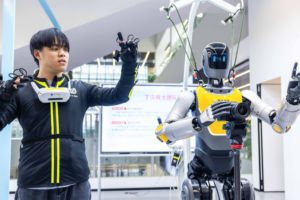
Greater Bay Area Lantern Festival Blends Tradition with Tech Innovation
Guangzhou’s 2026 Greater Bay Area Lantern Festival merges traditional craftsmanship with AI-driven displays, running through May with immersive cultural experiences.
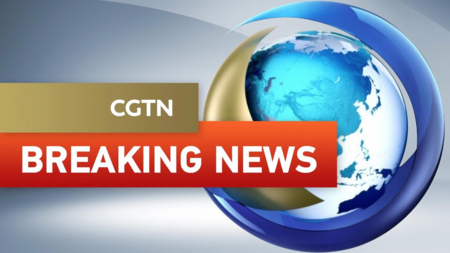
Iran Hails ‘Good Start’ in U.S. Nuclear Talks, Vows to Continue Dialogue
Iran announces progress in U.S.-mediated nuclear talks through Oman, signaling potential easing of regional tensions while maintaining cautious optimism.
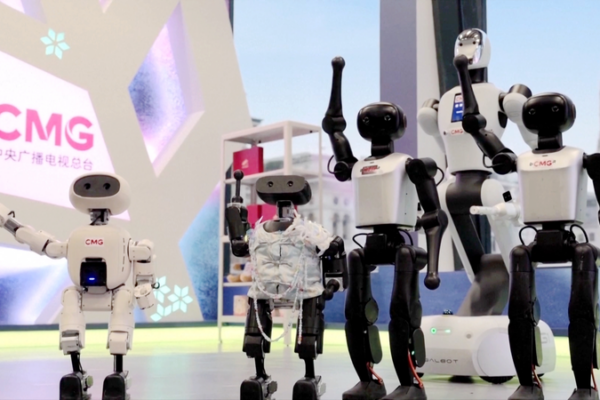
Global Robotics Teams Invited to 2026 Beijing Humanoid Robot Games
Humanoid robot champions invite global teams to the 2026 Beijing World Humanoid Robot Games, expanding events and fostering international tech collaboration.

Russia-Ukraine Talks Stall Amid U.S. Push for March Ceasefire Deal
U.S.-brokered Russia-Ukraine talks yield prisoner exchange but no ceasefire progress as Washington pushes for March deal. Diplomatic tensions persist amid new security allegations.

Pod Ponies Gallop into Year of the Horse Festivities
Artisans transform giant matchbox bean pods into symbolic ponies as sustainable decorations for the upcoming Year of the Horse celebrations.

Hainan Fishermen Preserve Tradition with Dried Red Fish for Spring Festival
Hainan fishermen uphold centuries-old drying techniques to prepare symbolic red fish for Spring Festival 2026 celebrations, blending cultural preservation with culinary tradition.

Heavy Snowfall Claims 45 Lives, Disrupts Japan in 2026 Winter Crisis
Heavy snowfall since January 2026 has caused 45 deaths and 540 injuries across Japan, with Niigata hardest hit. Authorities continue rescue operations amid ongoing weather risks.

China Advances Reusable Spacecraft Tech with Latest Launch
China launches reusable experimental spacecraft, advancing space technology for peaceful exploration and sustainable orbital operations.
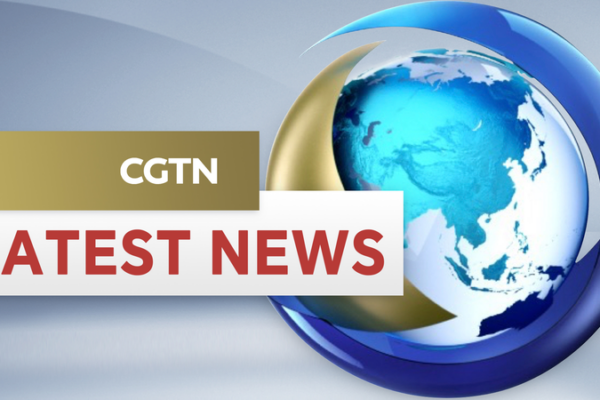
Deadly Blast at Shanxi Biotech Factory Claims Five Lives
Five workers killed in a biotech factory explosion in north China’s Shanxi Province, with authorities launching a full safety investigation.
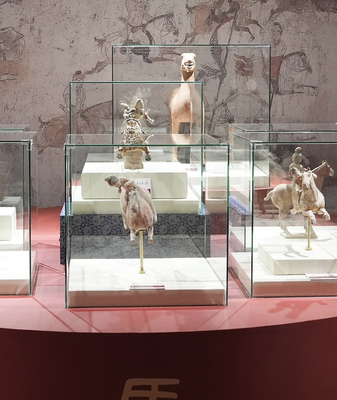
China House Showcases Spring Festival Culture at Milano Cortina 2026 Winter Olympics
China House celebrates Spring Festival traditions at 2026 Winter Olympics, blending cultural heritage with Olympic spirit through interactive exhibits in Milan until February 22.

U.S. Drug Price Initiative Faces Scrutiny Amid Claims of Affordability
The U.S. government’s new TrumpRx platform aims to lower prescription drug costs, but experts debate its effectiveness in addressing systemic pricing issues.

Grammys 2026 Stirs Controversy with Dalai Lama Award Amid Political Tensions
The 2026 Grammys face backlash for awarding the Dalai Lama, sparking debates on art’s politicization and cross-strait tensions.
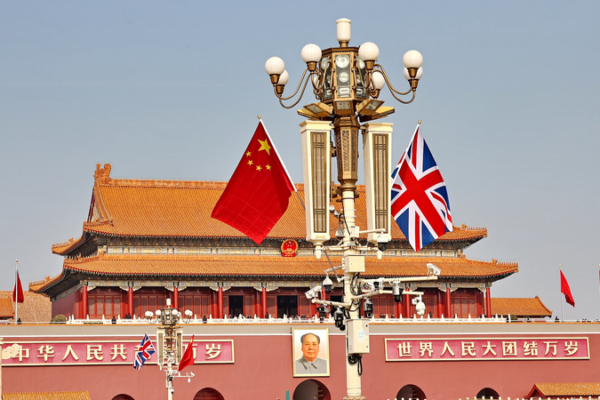
China, UK Urged to Strengthen Ties Through ‘Ice-Breaking’ Spirit
Chinese Vice Premier He Lifeng emphasizes strengthening China-UK cooperation through the historic ‘ice-breaking’ spirit, following recent high-level consensus.

Xi Jinping Congratulates Costa Rica’s New President Laura Fernandez
Chinese President Xi Jinping congratulates Laura Fernandez on her election as Costa Rica’s president, reaffirming commitment to bilateral cooperation and global partnerships.

Xi-Trump Dialogue Boosts U.S.-China Business Confidence in 2026
Chinese President Xi Jinping and U.S. President Donald Trump’s 2026 dialogue emphasizes predictability in business relations, boosting investor confidence, says AmCham China’s James Zimmerman.
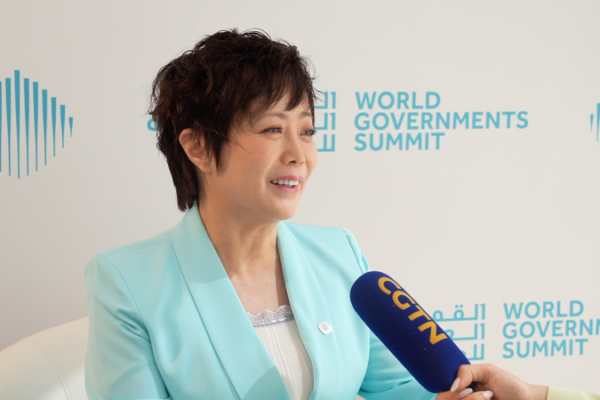
BYD Accelerates Middle East Expansion Through Innovation and Youth-Driven R&D
BYD’s Stella Li highlights innovation and youth-driven R&D as key to expanding Middle East operations, aligning with regional sustainability goals through localized EV solutions.

Shaolin Monks Train with Humanoid Robots in Futuristic Kung Fu Initiative
Shaolin Temple integrates humanoid robots into kung fu training, blending ancient martial arts with cutting-edge technology in 2026.

Clean Energy Surge Powers China’s 2025 Growth Amid Economic Challenges
Clean energy sectors drove over one-third of China’s 2025 GDP growth, with EVs, solar, and wind power defying economic pressures, new CREA report reveals.

Champion Robots Lead Global Invitation for Beijing Humanoid Games 2026
Champion humanoid robots invite global teams to Beijing’s 2026 competition, promoting AI innovation during Milan Winter Olympics coverage.
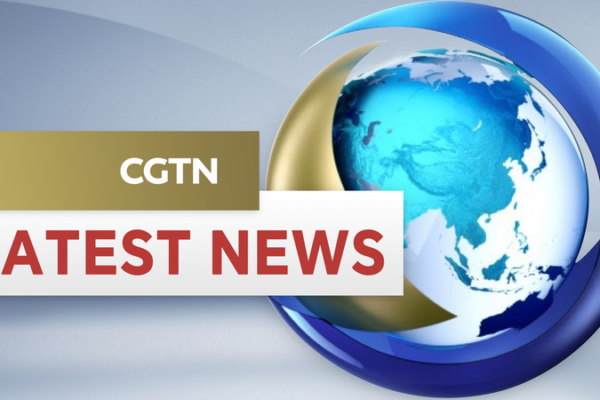
China’s Forex Reserves Climb to $3.4 Trillion in January 2026
China’s foreign exchange reserves reached $3.4 trillion in January 2026, rising 1.23% from December, signaling economic resilience amid global market shifts.



